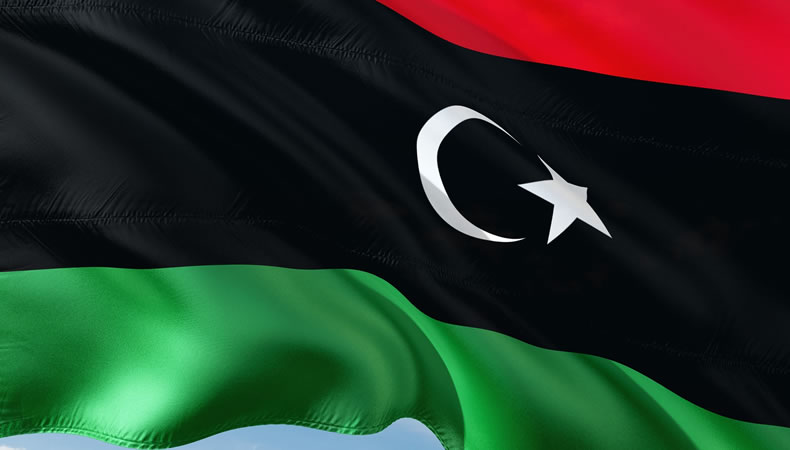Libyan Elections face inconstancy amid Enormous Challenges


Either way, whether the vote was held on time or postponed, it could have disruptive consequences according to critics. They say Libya is still too deeply divided among armed factions, who are likely to reject any triumph by rivals.The participation of some of Libya’s most divisive characters, including one of Qaddafi’s sons, further adds to the tension.
Despite the fact that around 100 people have declared candidacy, the electoral commission has yet to release a final list of candidates due to legal issues. The list should have been released earlier this month. The election rules are also up for debate, with western Libyan MPs accusing the east Libyan parliament of adopting them without consent.
Following Qaddafi’s murder in a 2011 revolt backed by a US-led NATO military assault, Libya descended into turmoil. Control was fragmented between a slew of armed factions. For years, the country was divided between east and west administrations, each supported by militias and foreign countries.
Khalifa Haftar, the eastern-based military commander, launched an operation in April 2019 with the goal of conquering Tripoli’s capital and toppling the UN-recognized government located there. Russia, Egypt, and the United Arab Emirates backed Haftar. Turkey and Qatar retaliated by bolstering backing for pro-Tripoli militias, including advanced weapons as well as troops and Syrian mercenaries.
Haftar’s onslaught crumbled after 14 months of combat. Following a UN-brokered cease-fire in October 2020, the Political Forum, a coalition of Libyan groups, put together a road map that led to the formation of an interim government to govern the country until the December 24 election.
“Without unified military forces, the election poses a threat to peace.” said Tarek Mitri , a former UN envoy for Libya. UN Secretary-General Antonio Guterres selected American diplomat Stephanie Williams, who oversaw the discussions that resulted in the October 2020 cease-fire agreement, as his adviser on Libya in a last-ditch bid to salvage the elections.
On Sunday, Williams met with Libyan officials in Tripoli. She urged all parties to follow the Libyan people’s ” demand to elect their representatives through a free and credible election.” The US and several other members of the international community want the vote to take place. After both Haftar and Seif Al-Islam Qaddafi, announced their candidacies, the polarization surrounding the election further intensified.
Qaddafi ,on one hand, is the longtime dictator’s son and one-time heir apparent; consequently , his candidacy for election sparked accusations that he is attempting to return to the days of his father, while Haftar, on the other hand, is hated by many people in the western part of the country that was one of the main forces in the rebellion against Moammar Al Qaddafi. “Those who assume that Libya may revert to dictatorship after all the sacrifices are very wrong ” said the legislator Abdel-Rahman el-Swahili from the western city of Misrata.




